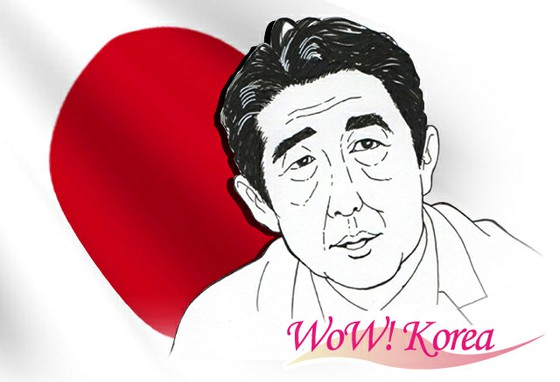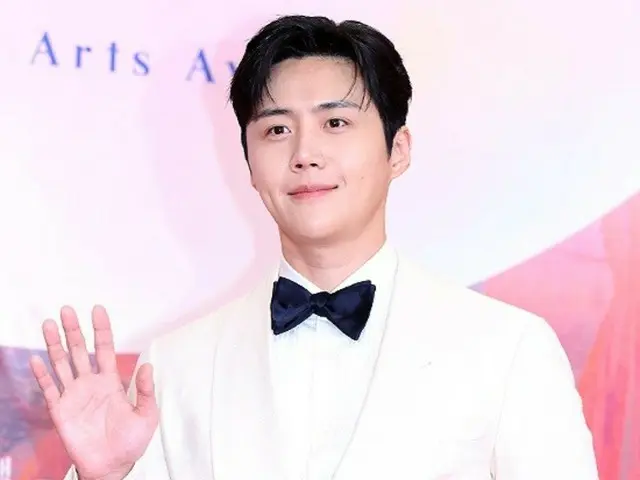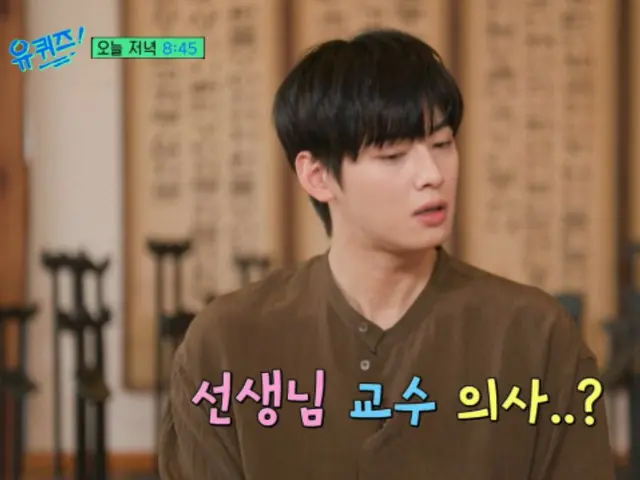 |
The Hankyoreh newspaper introduced the state funerals on this day in chronological order. In addition, after reporting that "more than 4,300 major figures from Japan and overseas attended the state funeral," said, "However, the leaders of the seven advanced countries (G7) did not attend, and Prime Minister Fumio Kishida made it a justification for the state funeral. The 'condolence diplomacy' that was used to do so has largely faded," he said. The article concluded with the author's remarks. The reporter continued, "Although the state funeral is over, Japan is still divided into two."
Chosun Ilbo mentioned former Prime Minister Abe at the beginning of the article. "Former Prime Minister Abe, who served as prime minister for 8 years and 8 months, the longest period in Japan's constitutional history, regained power that had been taken by the Democratic Party of Japan, and won all six elections in both houses of the Diet, becoming a 'Japanese conservative'. It was called "the heart of the heart". "In July of this year, he was shot and assassinated by a former Self-Defense Forces officer who had a grudge against the collusion between the former Unification Church and the Liberal Democratic Party." The newspaper also reported that "the state funeral for former Prime Minister Abe was held amidst sharply divided pros and cons," and introduced the voices of both those in favor and those who opposed the state funeral. Citing the results of a recent public opinion poll by the Mainichi Shimbun, it reported that '62% of the Japanese public responded that they were opposed to a state funeral for former Prime Minister Abe.'
The Kokumin Ilbo reported on several photos of the state funeral and demonstrations by those who opposed the state funeral, saying, "Prime Minister Kishida held the state funeral without considering the opposition of the opposition party and public opinion. Domestic public opinion was divided into two."
A condolence group headed by Prime Minister Han Duk-soo attended the state funeral of former Prime Minister Abe from South Korea. On the 28th, he met with Prime Minister Kishida at the State Guest House in former Akasaka, Tokyo. Kishida expressed his gratitude, saying, "We received a lot of sincere condolences from many Korean people, including President Yoon Seo-gyeol and Mr. Han. once again express my deepest condolences on the passing of Mr. Abe," Han said.
Han said he was acquainted with former Prime Minister Abe, and when he heard the news of his death, he told reporters, "It's very unfortunate that someone who worked so hard for Northeast Asia has passed away." Looking back on the time when former Prime Minister Abe and former President Park Geun-hye attended the 2013 World Economic Forum Annual Meeting (Davos Meeting), he said, Of course, there are various difficult issues between South Korea and Japan, but the two peoples have a close relationship and share values such as democracy, market economy, and human rights." Stated.
Public opinion in Japan has been divided between national funerals, but how does South Korea handle state funerals? In 2011, South Korea merged state and national funerals into state funerals. Related laws stipulate that state funerals will be held when incumbent and former presidents and president-elect pass away. In order for the South Korean government to hold a state funeral, the Ministry of Public Administration and Security (Ministry is equivalent to a ministry) must make a recommendation and a Cabinet decision must be made.
Former President Roh Tae-woo, who was passed away last October, was given a state funeral, but there were many objections. This is because Roh was involved in the 1980 Gwangju Incident, which suppressed pro-democracy demonstrations in South Korea and caused many casualties. However, the Moon Jae-in administration at the time decided to hold it as a state funeral, taking into account the success of the 1988 Seoul Olympics and the simultaneous admission of North Korea to the United Nations in 1991.
Meanwhile, the funeral of former President Chun Doo-hwan, who was passed away last November, was held at a family funeral. Mr. Chun, like Mr. Roh, suppressed the democratization movement in the Gwangju Incident. Unlike Mr. Roh, the reason why Mr. Chun was not given a state funeral is that he did not reflect on the incident until the end. There were no condolences or condolences from the presidential office.
2022/09/29 12:42 KST


